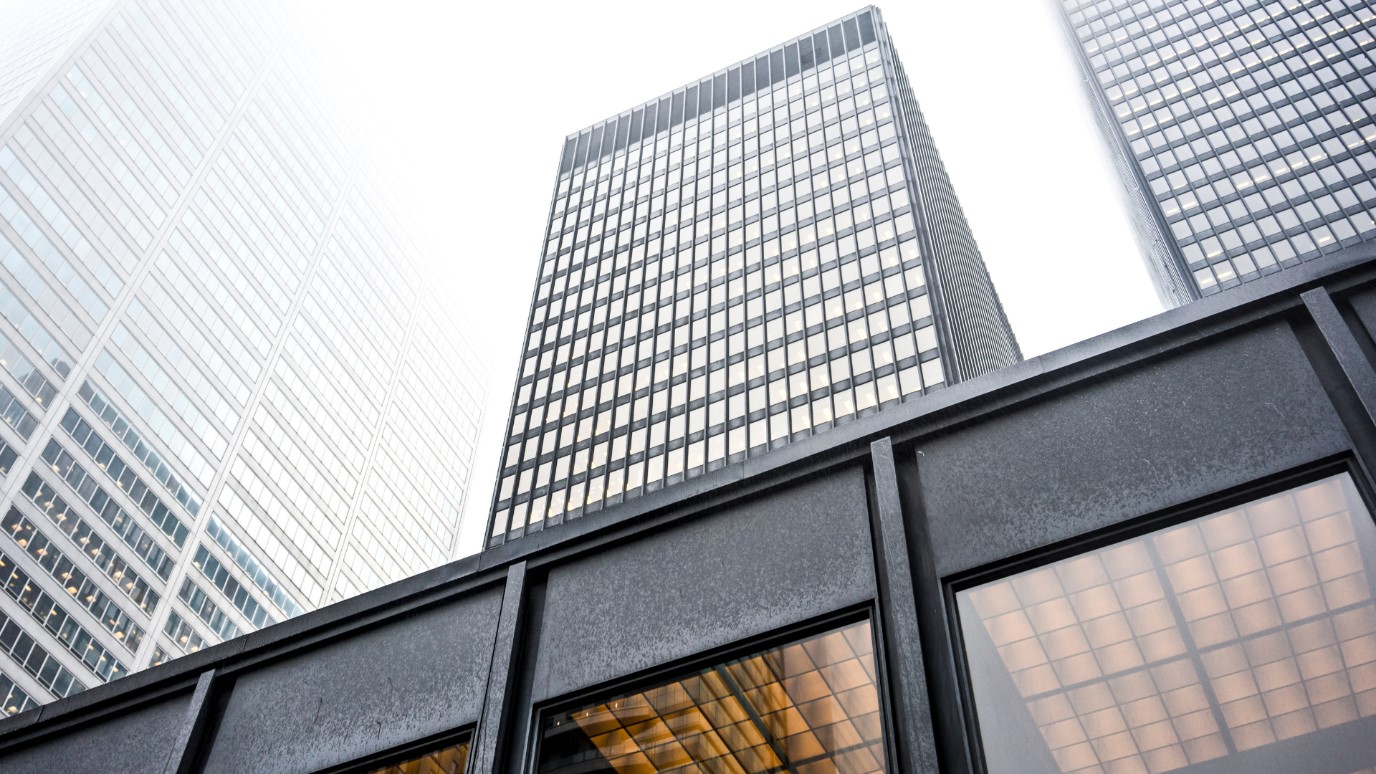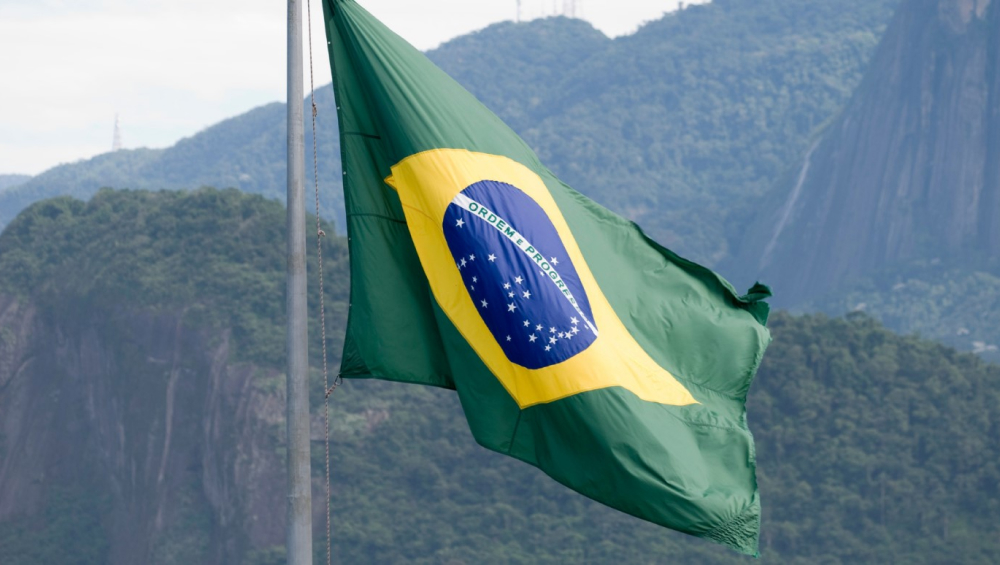Orient Futures Singapore Offers Access to B3 Exchange
Starting August 2023, corporate clients are now able to trade with the B3 Exchange through Orient Futures Singapore.
What is B3 Trading
B3 is a Brazilian Exchange, also known as Bolsa, Balcao, or Brazil. The exchange was established in 1890, but eventually underwent several major reconfigurations in 2000, 2007, and 2017 to become one of the few powerhouses in stock exchanges and clearing houses in the world.
Currently, B3 provides trading services in an exchange and OTC environment, the exchange also manages a large range of activities including the management of trading systems, clearing, settlement deposit, and currency derivatives.
With these services and offerings, traders that connect to B3 or B3 trading is being able to access and diversify opportunities for arbitrage, leverage, and hedging purposes. Hence, this post will be going through more about what is B3 trading and key details about trading with the exchange.
1. What is B3
B3 is an exchange that deals with a range of services to connect and develop the financial or capital markets to boost Brazil’s growth. For the Brazilian exchange, achieving a progressive front and integrative model is paramount and it is managed through improving the governance model, processes, and risk management within ethical parameters.
To further understand the objectives and direction of B3, the exchange’s trade strategy include
Focus on the Customer
- To meet the needs of their audiences in an assertive manner
Organizational Culture
- Attract and retain talents for the company’s continuous growth
Agility and innovation
- To cover more grounds and with more impact
Operational Solidity
- Reliable and Excellent performance.
M&A and Strategic Partnerships
- Accelerate Solutions or business plans in specific activities
Apart from these strategies and goals, more information about B3’s foundational principles can also be found in B’3’s 2021 Annual Report which can be accessed here.

2. B3 Brazil Exchange Trading Hours
The Opening Hours for trading are 10:00 am to 4:55 pm Brasilia Standard Time (GMT-03:00). 5:30 pm to 6 pm for after Market – Trading Session.
Corporate clients can open a trading account with Orient Futures Singapore to access the products from B3 starting August 2023 and enjoy benefits such as direct trading, incentives, or low-latency trading platforms.
The settlement cycle for B3 for all derivatives products is as follows:
The settlement system is open from 06:30 am, and closes at 6:30 pm. Throughout the day, these are performed:
- Intraday risk monitoring cycle starts at 9:00 am
- Settlement agents of clearing members are informed of the final multilateral balances.
- After the risk calculation for the next day’s margin cycle
3. B3 Exchange Products
Commodities Futures
Under the upcoming Investor Incentive Program, traders can look forward to commodities such as:
- Cash- Settled Live Cattle Futures Contract
- Cash-Settled Corn Futures Contract,
- Gold Futures Contract,
- 4/5 Arabica Coffee Futures Contract,
- Cash-Settled Crystal Sugar Futures Contract,
- Cash-Settled Hydrous Ethanol Futures Contract.
Lastly, traders that participate in the program with Orient Futures can also look forward to interest rates and FX groups such as Pound Sterling Futures Contracts, US Dollars Futures Contract, and other currencies within the scheme.

4. B3 Exchange Information and News
As an emerging market exchange, B3 Brazilian Exchange is actively seeking opportunities and incorporating development opportunities into its structure. FIA.org has also highlighted that B3 “offers market makers incentives to provide liquidity… (which) include discounts and exemptions from trading and post-trading fees… maintain buy and sell orders in the order book for a certain period of time and with maximum spread and minimum quantity.”.
Most notably, B3’s belief in environmental awareness and sustainability is also demonstrated in their “signatory to the UN Global Compact, in 2005, and the first stock exchange in an emerging country to commit to the Principles for Responsible Investment (PRI), IN 2010.”,. More information about such commitments can also be found at Sustainable Stock Exchanges Initiatives, which lists the exchange’s involvement and active participation in the scene.
To conclude, in recent news, Reuters has reported that “B3 profit falls, as trading volumes dim and costs rise”, this is taking into account the global macroeconomic scenario, increasing interest rates, and escalating inflation. Nonetheless, traders can look forward to new trends and research into the latest futures price as the economic outlook enters the next quarter and into the next year 2023.
Start Trading With Orient Futures Singapore
Being an Overseas Intermediary of Shanghai International Energy Exchange (INE), Dalian Commodity Exchange (DCE), and Zhengzhou Commodity Exchange (ZCE), when foreign clients participate in internationalised futures contracts in these Chinese markets with us, they have direct access to trading, clearing, and settlement. Our parent company, Shanghai Orient Futures, is the largest broker in terms of aggregated volume across the five regulated exchanges in China.
Orient Futures Singapore also currently holds memberships at the Singapore Exchange (SGX), Asia Pacific Exchange (APEX), and ICE Futures Singapore (ICE SG).
We provide premium customer service at an affordable cost to all our clients. Our team will be there for you 24 hours on trading days to provide a one-stop portal for all your trades, with simple processes and an intuitive user interface that has low or near-to-zero latency.




